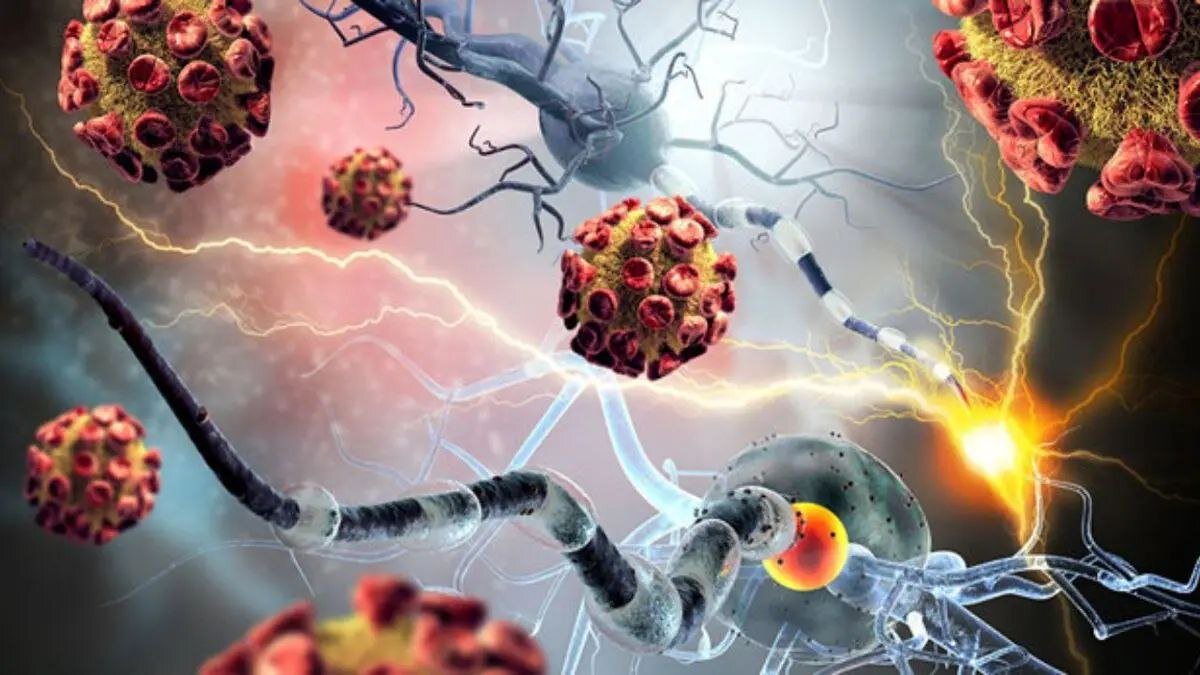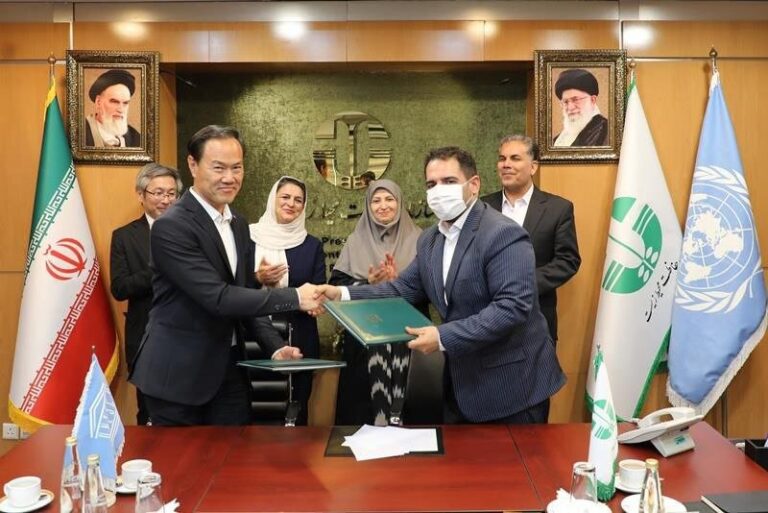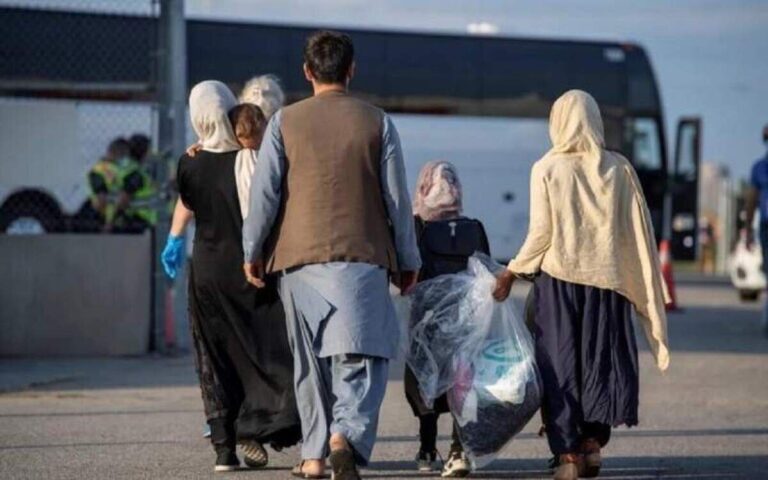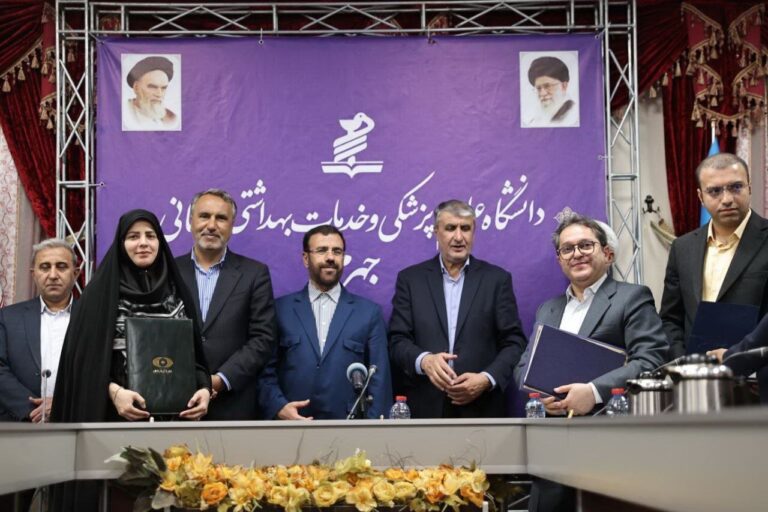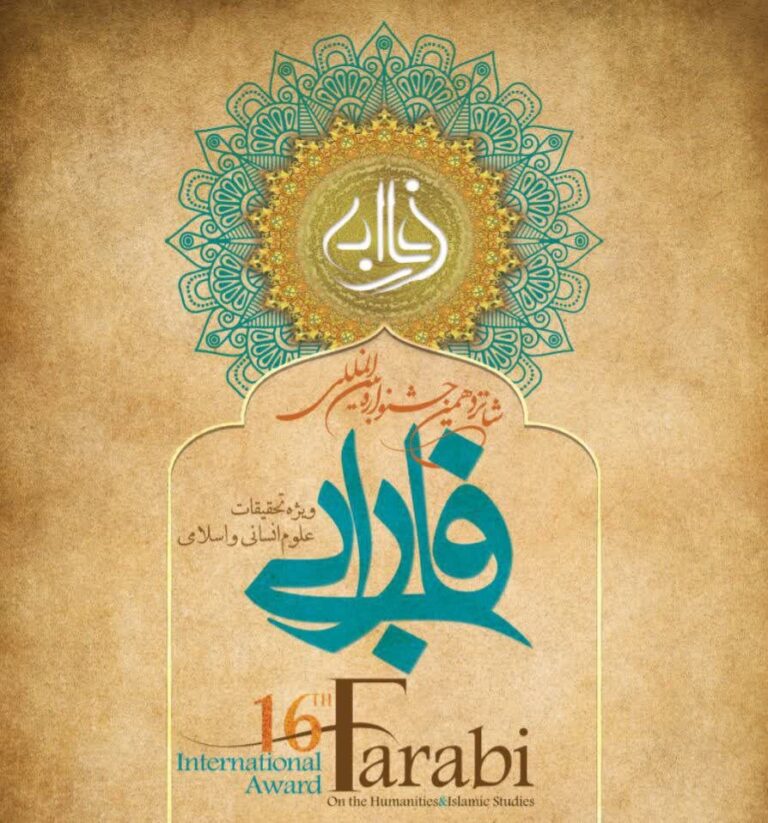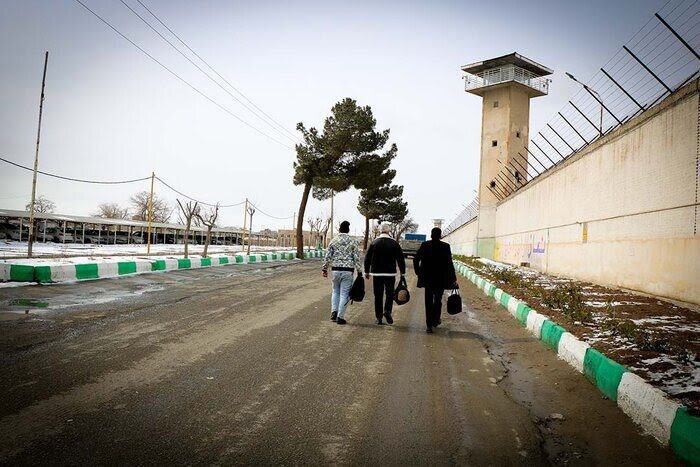Health Ministry Launches Initiative to Combat Cancer Through Healthy Eating Habits
In recent developments, the Iranian health ministry is prioritizing healthy diets as a pivotal strategy to combat cancer, which is influenced by nutrition in varying degrees. With evidence suggesting that nutrition contributes to 10-70 percent of cancers, the ministry aims to foster healthy lifestyle habits among the population.
Ahmad Esmaeilzadeh, a health ministry official, stated, “Dietary modification through developing the culture of healthy eating is on the agenda of the health ministry.” This initiative underscores the critical role of nutrition in mitigating the risk of various cancers, including colon, stomach, and breast cancers.
Key factors related to diet that contribute to cancer risk include:
- High intake of sugar and fat: Regular consumption of these foods can elevate cancer risk.
- Processed foods: These are often high in preservatives and unhealthy fats.
- Salty foods: Excessive salt intake has been linked to gastric cancer.
Obesity is another growing concern in Iran, with rising rates correlating with an increased cancer risk. Notably, Iran’s salt consumption is reported to be twice the global standard, a fact that has been linked to higher instances of gastric cancer.
To address these issues, the health ministry is implementing several initiatives, including:
- Reducing salt intake: Policies are being developed to lower salt usage in both the food industry and at home.
- Promoting fiber-rich diets: The inclusion of fiber bread, which is whole wheat or whole grain enriched with additional fiber, is encouraged.
- Establishing dietary guidelines: These guidelines will provide specific recommendations for both children and adults on maintaining a healthy diet.
By increasing fiber intake, the ministry aims to significantly lower the incidence of certain cancers, particularly colon cancer.
As part of a broader strategy, the health ministry recently launched a national campaign to raise awareness about cancer prevention and treatment. This campaign, held from January 20 to 26, was themed “Hand in Hand, Prevent and Fight Against Cancer.” It aims to address the pressing health challenge posed by cancer, which claims more than 55,000 lives annually in Iran.
According to statistics from the health ministry:
- Approximately 34,000 deaths out of 122,000 premature deaths (under 70 years) are attributed to various cancers.
- About 11,000 deaths out of 85,000 very premature deaths (under 50 years) are also due to cancer.
The latest national cancer census forecasts that new cancer cases in Iran will rise to 160,000 by the Iranian calendar year 1404 (March 2025-March 2026), reflecting a significant increase of 43 percent.
The most prevalent cancers in Iran include:
- Breast cancer
- Prostate cancer
- Colon cancer
- Stomach cancer
- Lung cancer
- Bladder cancer
- Thyroid cancer
- Uterine cancer
- Brain cancer
- Spine cancer
Among women, the leading cancers reported are:
- Breast cancer
- Colon cancer
- Thyroid cancer
- Stomach cancer
- Uterine cancer
- Leukemia
- Ovarian cancer
- Brain cancer
- Spine cancer
- Lung cancer
- Esophageal cancer
Currently, around 250,000 Iranians are living with cancer. Notably, it is estimated that half of all cancers can be treated effectively, while others are preventable.
The national campaign emphasizes the importance of prevention, early diagnosis, and timely treatment of cancer. Its objectives include:
- Raising public awareness about cancer and its risk factors.
- Encouraging healthy lifestyle choices to minimize cancer risk.
- Educating individuals about the symptoms and significance of early diagnosis.
- Promoting screenings for breast and colon cancers.
- Improving inter-departmental coordination for cancer prevention and treatment.
By dispelling myths surrounding cancer, such as the misconception that it is untreatable, the campaign aims to foster a proactive approach to cancer health in Iran.
